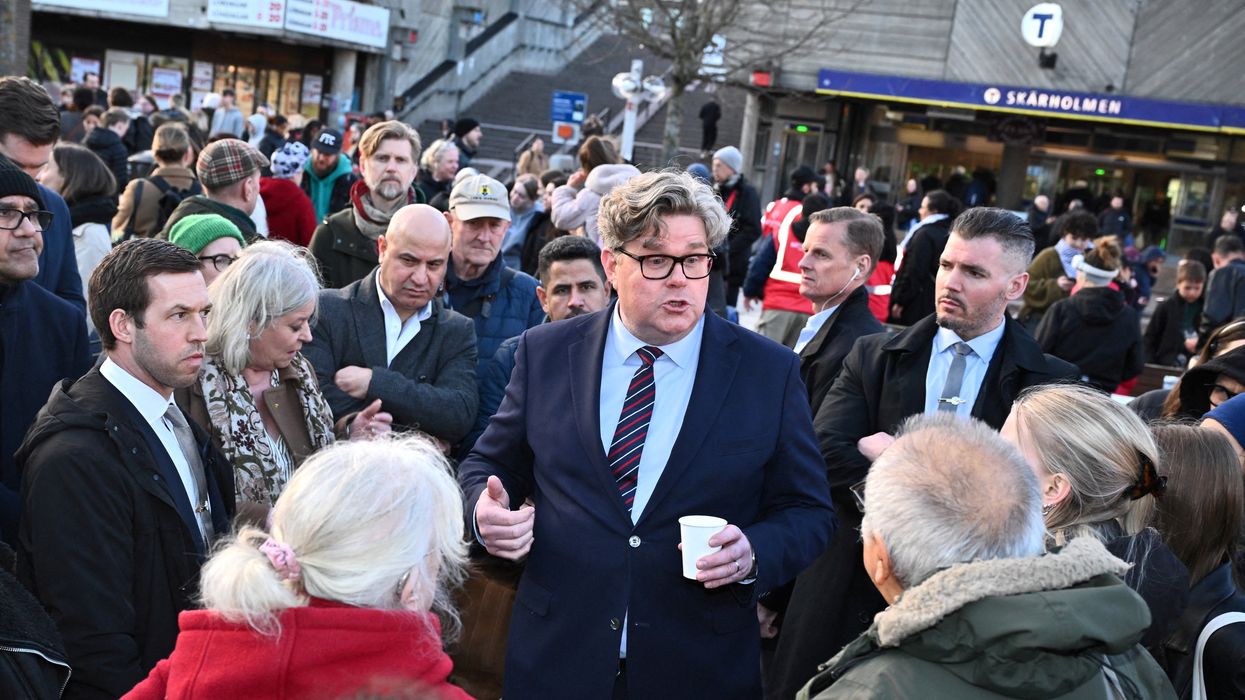GZERO Europe
Leaders of Poland, Nordic & Baltic countries affirm strong support for Ukraine
What was the purpose of the big leaders meeting in Sweden today? What is the nature of the political transition ongoing in the European Union? Carl Bildt, former prime minister of Sweden and co-chair of the European Council on Foreign Relations, shares his perspective on European politics from Northern Italy.
Nov 27, 2024


